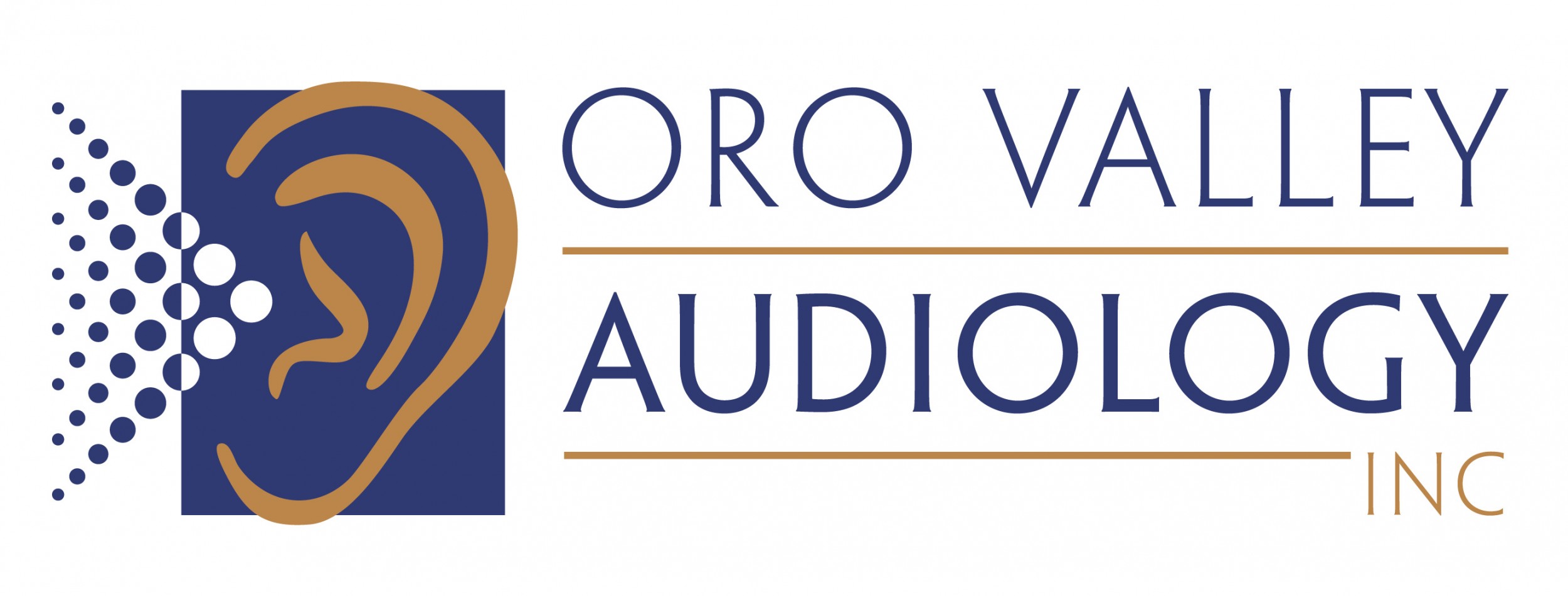Invisible hearing aids are extremely prominent in the mind of consumers. Almost everyone wants an invisible hearing aid, regardless of its dimension. The initial hearing aid manufacturer to present this modern-day, electronic, invisible hearing aid was Starkey. They presented the SoundLens and this began the race across all hearing device manufacturers to introduce their own invisible hearing aids. The competition has now widened as a few of the hearing aid manufacturers are offering cordless, invisible hearing aids.
The microphone of Invisible In-the-Canal (IIC) hearing aids sit deep inside the ear, preserving the all-natural resonance of the ear canal and also maintaining the localization capabilities of the pinna. The position in the ear also enables a phone to be held against the ear conveniently and comfortably. Its small size, cosmetic appeal, and superior efficiency make the IIC a popular choice with hearing aid wearers everywhere.
However, before purchasing or using an invisible hearing aid, it is worth noting that this type of device is not suitable for everyone. It’s not a one-size-fits all hearing aid and there are some advantages and disadvantages with invisible hearing aids. You should speak with us at Oro Valley Audiology to determine the best option for you.
First off, invisible hearing aids are known to be suitable for individuals with light to moderate hearing losses. Invisible hearing aids aren’t ideal for individuals with high-frequency hearing loss. The problem is that people with this kind of hearing loss have good low-frequency hearing, so putting a tool into the ear canal causes unbearable occlusion. This can be by-passed by making certain the invisible hearing aid will suit the bony part of the ear canal. In general, many audiologists would not provide invisible hearing aids to individuals with severe hearing loss. Currently, there are no invisible hearing aids that are ideal for a person that endures from a profound hearing loss.
Second, if your ear canal is too small or narrow, you won’t feel comfortable with an invisible hearing aid. Despite having improvements in innovation, the limitation of an ear size will most likely remain the same for the years to come. The suppliers require a finite quantity of space to fit all of the components in, and if your ear canal does not supply that space, you have no choice but to look for another hearing aid alternative.
The setting of invisible hearing aids deep in the ear canal enables the external ear and ear canal to do its job – funnel sound naturally towards the tympanum. This is probably the greatest benefit of this kind of device. However, that positioning means that the device is open to the wax and dampness in the ear canal. That being said, invisible hearing aids also need to be dehumidified often.
Invisible hearing aids can also fall short due to earwax ingress, either right into the audio speaker or the microphone. This can occur frequently, depending on how waxy your ears are. This is a major factor to consider, most especially because after your warranty expires, you will need to spend for any repair services on your own. Maintenance is essential for these kinds of listening devices, so you need to be prepared and knowledgeable on how to take care of your hearing aid.
If you are one of those people who have a small ear canal and cannot use invisible hearing aids, do not fret because there are other available hearing aids in the market that are quite similar to invisible hearing aids. The receiver-in-canal (RIC) hearing aids are also known to be quite discreet. Another good thing about RICs is that they are not priced as much as other hearing aids, giving users an advantage in terms of budget.


